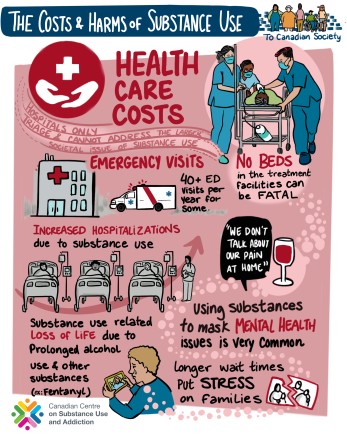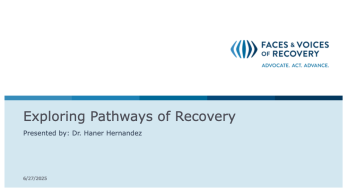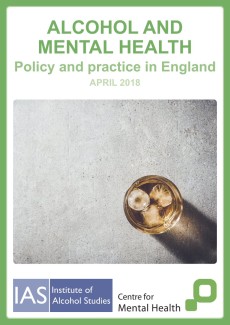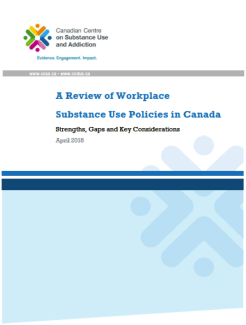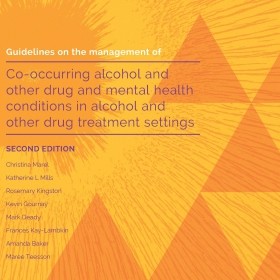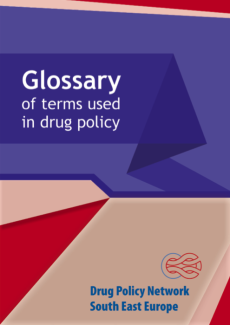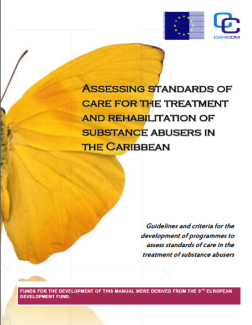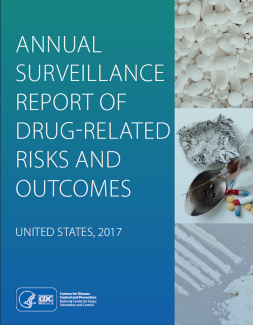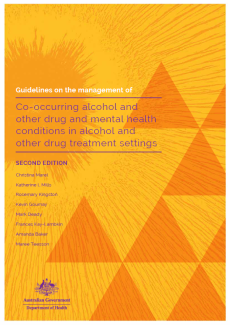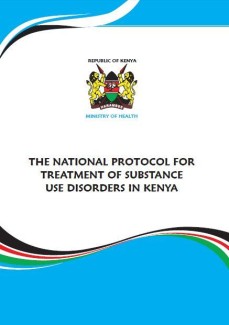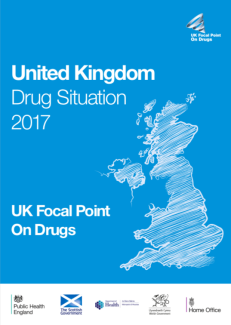
Іздестіру
Alcohol and Mental Health: Policy and Practice in England
EXECUTIVE SUMMARY
Many people who misuse alcohol also have a mental health difficulty, and many people with mental health problems also misuse alcohol. Yet few get effective help from either alcohol or mental health services. National...
Effectiveness Bank Analysis: French Committee Says Risks of Baclofen Outweigh Benefits in Alcohol Treatment
*Updated* Our commentary on the first trial to rigorously test high-dose baclofen to treat dependent drinking has been updated with the release on 24 April 2018 of an opinion on the balance between safety and benefits from a scientific...
Measuring the Burden of Opioid-Related Mortality in Ontario, Canada
Opioid overdose is a leading public health problem across Canada that continues to evolve, particularly as clandestinely-produced opioids enter the market (Public Health Agency of Canada, 2017). In 2014, we published a study that found that...
Addiction, 12-Step Programs, and Evidentiary Standards for Ethically and Clinically Sound Treatment Recommendations: What Should Clinicians Do?
Abstract
Addiction is a complex phenomenon characterized by a loss of control and compulsive, habitual behavior. Since there is no single, specific cause for addiction, there is no single, standard treatment for it. A variety of approaches...
Effective Bank Matrix Cell: Дәрі-дәрмекпен емдеу жүйесіндегі медициналық көмек
Жергілікті, өңірлік және ұлттық наркологиялық жүйелердегі медициналық іс-шаралар мен емдеудің рөліне қатысты негізгі зерттеулер. Детоксикация рециркуляторларын әдеттегі пациенттерге айналдырған қарапайым жаңалық ерекшеленеді, сараптамалық...
Overview of European University-Based Study Programmes in the Addictions Field
In 2015, the team from the Department of Addictology (First Faculty of Medicine of Charles University and General University Hospital in Prague) in cooperation with our colleague from the Department of Community Medicine & Health Care...
SAMHSA Tobacco-Free Recovery Grant 2018
The Substance Abuse and Mental Health Services Administration (SAMHSA) National Center of Excellence for Tobacco-Free Recovery Grant is now open for applications. Offering up to 5 million USD the grant can be used for a range of projects...
Канададағы жұмыс орнындағы заттарды пайдалану саясатына шолу: күшті жақтары, олқылықтары және негізгі пікірлері
Ұсынылған дәйексөз: Мейстер, С.Р. (2018). Канададағы жұмыс орнындағы заттарды пайдалану саясатына шолу: күшті жақтар, олқылықтар және негізгі пікірлер. Оттава, Онт.: Канаданың субстанцияларды пайдалану және тәуелділік орталығы.
Канадада...
Informe de Situación Nacional sobre Drogas y Actividades Conexas 2016
RESUMEN
Tratamiento del consumo
Instituciones gubernamentales:
El año 2016 mostró una disminución en la cantidad de pacientes atendidos excepto de aquellos incluidos en el rango de 19 a 25 años aunque el total de atenciones aumento...
Acute and Chronic Modulation of Striatal Endocannabinoid‐Mediated Plasticity by Nicotine
Abstract
The endocannabinoid (eCB) system modulates several phenomena related to addictive behaviors, and drug‐induced changes in eCB signaling have been postulated to be important mediators of physiological and pathological reward‐related...
Mindfulness-Based Treatment of Addiction: Current State of the Field and Envisioning the Next Wave of Research
Abstract
Contemporary advances in addiction neuroscience have paralleled increasing interest in the ancient mental training practice of mindfulness meditation as a potential therapy for addiction. In the past decade, mindfulness-based...
Алкогольде және наркологиялық емдеудің басқа да жағдайларында бірге пайда болған алкогольді және басқа да наркологиялық және психикалық денсаулық жағдайларын басқару жөніндегі әдістемелік ұсынымдар
Алғаш рет 2009 жылы жарияланған және 2014 жылы жаңартылған Алкоголь және басқа да дәрілік және психикалық денсаулық жағдайларын басқару жөніндегі әдістемелік нұсқаулар онлайн оқыту бағдарламасымен бірге ұсынылады.
Психикалық денсаулық және...
Glossary of Terms Used in Drug Policy
A glossary of drug policy terminology produced by the Drug Policy Network South East Europe is now available in English and Spanish.
The Drug Policy Network South East Europe (DPNSEE) is an initiative of NGOs from the countries of South...
The European Health Award 2018
Applications are now open for the European Health Awards. Coordinated by the European Health Forum Gastein (EHFG), the awards are offered to public health and healthcare initiatives in Europe.
The award focuses on projects disparities in...
Assessing Standards of Care for the Treatment and Rehabilitation for Substance Abuse
The purpose of this publication is to develop and provide basic guidelines and criteria for the development of programmes to assess standards of care in the treatment of substance abusers in the CARICOM region. This handbook is adapted from...
Fatal and Non-Fatal Overdose among Opiate Users in South Wales
A study published in the International Journal of Drug Policy, Fatal and Non-Fatal Overdose among Opiate Users in South Wales: A Qualitative Study of Peer Responses, explores the behaviour of witnesses to opiate overdoses.
The research...
Annual Surveillance Report of Drug-Related Risks and Outcomes
This report presents information on four types of outcomes from the four different data sources:
- Opioid prescribing, 2006-2016, from QuintilesIMS Health®
- Drug use, misuse, and substance use disorder, 2014-2015, from the National Survey...
Алкогольде және наркологиялық емдеудің басқа да жағдайларында бірге пайда болған алкогольді және басқа да наркологиялық және психикалық денсаулық жағдайларын басқару жөніндегі әдістемелік ұсынымдар
Қысқаша айтқанда...
Осы Әдiстемелiк нұсқаулар алкогольдi және есiрткiнiң басқа да қызметкерлерiн бiрлесiп жұмыс iстейтiн немесе қосарбидтi, АҚҚ-ны және психикалық денсаулық жағдайын басқаруға көмек көрсету үшiн ғылыми негiзделген...
The National Protocol for Treatment of Substance Use Disorders in Kenya
Substance (Drug) Abuse is increasing in Kenya and especially among the youth. Current statistics indicate that more than half of drug users are aged 10-19 years. Most studies done in the country indicate that the commonly used drugs are...
United Kingdom Drug Situation: Focal Point Annual Report
The United Kingdom Focal Point on Drugs (UK Focal Point) 2017 report is available on the UK government's digital portal.
Based at Public Health England, the UK Focal Point is the national partner of the European Monitoring Centre for Drugs...
Share the Knowledge: ISSUP members can post in the Knowledge Share – Sign in or become a member
